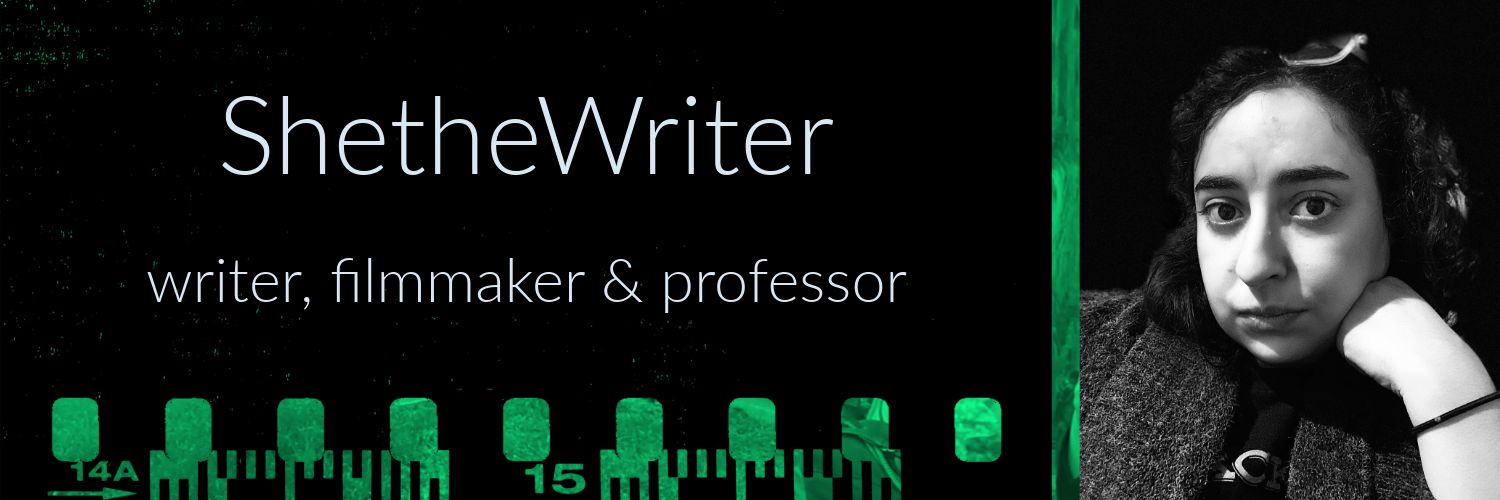While working on the script for Delta Phi, I spent a lot of my time trying to condense the story. I didn’t want to take on a feature length film at the outset. I’d rather take a minimalist approach in pre-production and give the project room to expand in production than the other way around.
When all was said and done with the script, I anticipated a forty five minute piece that could perhaps provide an opening for a longer series. I’m still of the firm belief that Delta Phi sets up enough context for a series of just about anything, but the length itself seems to be changing. It appears that I have a feature length film on my hands! That gets me pretty excited, of course, but the goal with a story is to always let it be “the length it needs to be,” as they say. I want my audience to leave with a sense of renewal, not exhaustion.
This got me thinking about how to determine the appropriate length of a story. I know that the arc has something to do with it, but there are narratives that have no arcs at all. (That is, they don’t express a change in the constituents). And anyway, the arc is more about the shape and form of a story than it’s length. I notice that stories with a bigger scope tend to also be pretty long (scope is the size of time and space in the world of the story itself), but that’s not to say that you can’t, for example, write 100,000 words about a single day in history. I’m as guilty as any writer of making some pieces too long. Maybe a message in it is delivered too many times, or it has some redundant moments. When it comes to fiction, though, I don’t think a piece is finished when the message is delivered. It’s finished when the constituents have said everything they need to say. Sometimes they need to say it twice. Whatever makes them feel better.
I don’t know why, but that’s what does it for me. When the character feels better, then I know my job is done. When he can shut his eyes in stillness, or when the camera can shut its eye on him, whichever. No need to drag it along past that point. When a character finds their peace, let them be. And if you revisit them, don’t waste time reopening old wounds when you can help them solve new ones. It amazes me how many characters are pulled through one abuse after another and we never get to hear the story of how they recover. That is, after all, it’s own conflict. I still have so much to learn about endings, but I know that characters are a reflection of our own selves and that’s something that I hope more storytellers can start to take seriously.
Peace,
Ayah
#DeltaPhiFilm



